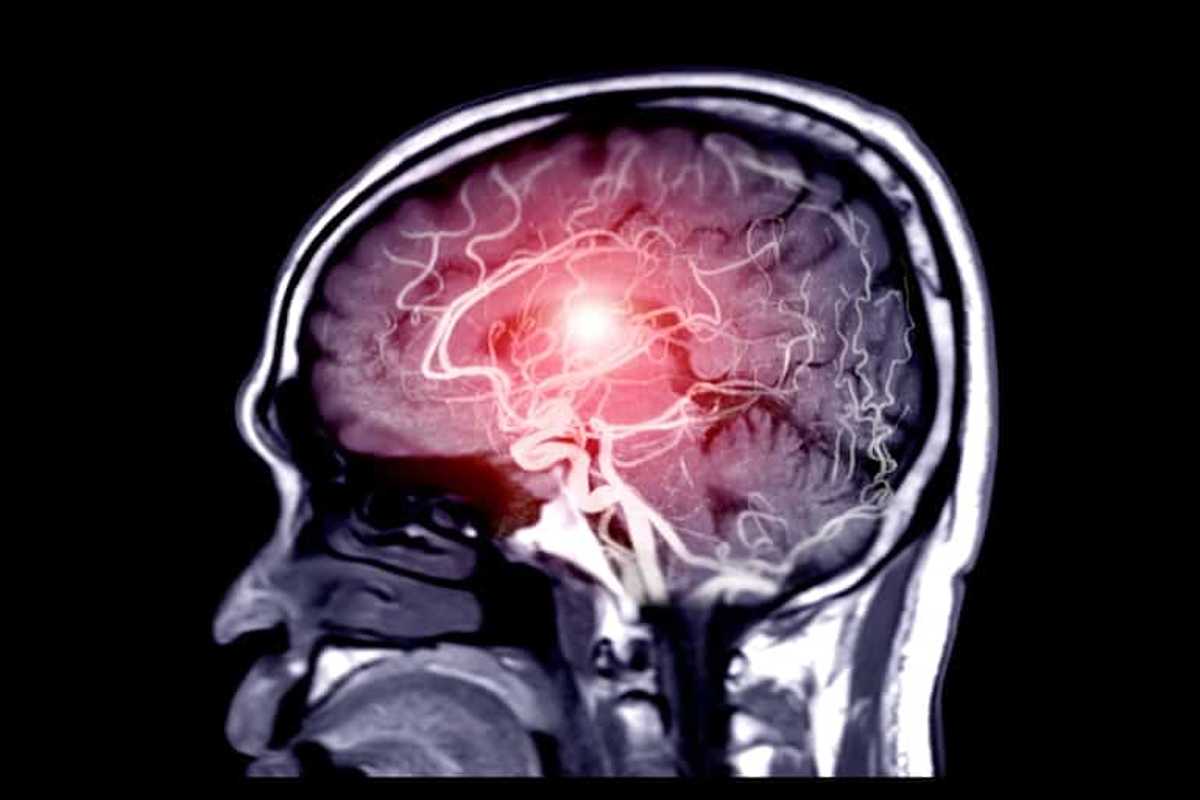Recent research has highlighted how excessive salt consumption can affect some deep areas of our brain
One studio one of a kind reveals surprising new insights into the relationship between neuron activity and blood flow in the brain, as well as how the brain is affected by the consumption of salt.
When neurons are activated, they typically produce a rapid increase in blood flow. This relationship is known as coupling neurovascolare or functional hyperemia and occurs through dilation of blood vessels in the brain, called arterioles.
Previous studies of neurovascular coupling have been limited to superficial areas of the brain (such as the cerebral cortex), and scientists have mainly examined how blood flow changes in response to sensory stimuli from the environment (such as visual or auditory stimuli). Little is known whether the same principles apply to deeper brain regions attuned to stimuli produced by the body itself, known as signals interoceptive.
To study this relationship in the deep regions of the brain, an interdisciplinary team of scientists developed a novel approach that combines surgical techniques and neuroimaging cutting edge. The team focused on the hypothalamus, a deep brain region involved in critical bodily functions, including drinking, eating, regulating body temperature and reproducing.
The study looked at how blood flow to the hypothalamus changed in response to salt intake. Why salt precisely? Because the body needs to control sodium levels very precisely. When you eat salty food, your brain senses it and activates a series of compensatory mechanisms to bring sodium levels back down.
The body does this in part by activating the neurons that trigger the release of vasopressin, an antidiuretic hormone that plays a key role in maintaining the correct salt concentration. When we eat a lot of salt, our sodium levels remain high for a long time. The findings raise interesting questions about how hypertension can affect the brain; in addition, it is believed that 50 to 60% of hypertension is due to the salt we eat in excess.
If you chronically ingest a lot of salt, in fact, you will have ahyperactivation of vasopressin neurons, this mechanism can then induce excessive hypoxia, which could lead to tissue damage in the brain. Through this research it is hoped to use the same approach to study other brain regions and diseases, including depression, obesity and neurodegenerative conditions.
Follow us on Telegram | Instagram | Facebook | TikTok | Youtube
Source: Cell Reports
Could it be interesting for you:
The article incorporates published studies and recommendations from international institutions and / or experts. We make no claims in the medical-scientific field and we report the facts as they are. The sources are indicated at the end of each article
.
